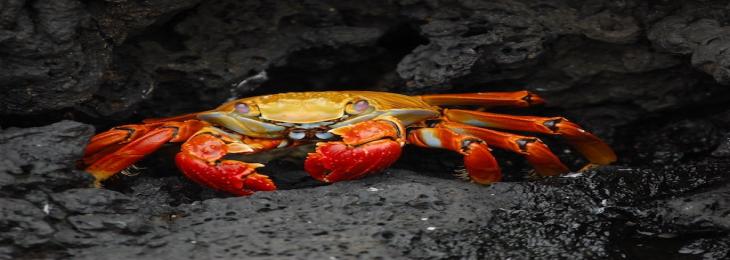Sep, 2022 - By WMR

Researchers sourced chitosan from shrimp and crab shells to create a more sustainable battery to cater the increasing demand for renewable energy storage
Lithium batteries are used in grid-scale storage of renewable energy, however, these massive lithium batteries used in such grid-scale storages can cost a lot and also pose the fire risk. Now a team of scientists at Center for Materials Innovation of University of Maryland developed a novel battery from shrimp and crab shells that safely degrades and recycles. According to the research published in the journal Matter on September 01, 2022, the researchers used chitosan from these shells to create these sustainable batteries, which are likely to cater the growing demand for renewable energy storage.
The cost of mining lithium is high and the process costs the environment. Plus, batteries using lithium usually are complex to recycle. This has led to researchers across the globe exploring several potential alternatives, where zinc has found to be a safer option. However, zinc-based batteries have short lifespan. To overcome the hurdle, the team of scientists in this new study found a solution that addresses the rechargeability problem of zine-based batteries and to increase their sustainability. The team created an electrolyte gel to use it with a zinc anode created from a chitosan, which is a natural material derived from exoskeletons of crustaceans including lobsters, shrimps and crabs.
Furthermore, when the team tested the new battery, they found that it shows significant performance as it prevented the tentacle-like growth formation that affects the performance of battery. Moreover, the new battery showed impressive cycling stability as it maintained 99.7% of efficiency over 1,000 cycles while being operated at 50 mAh/cm2 current density. Since the design is sustainable, microbes break down nearly two third of the battery and the chitosan electrolyte get broken down completely in only five minutes, and the remaining zinc can be recycled.

We will be happy to help you find what you need. Please call us or write to us: